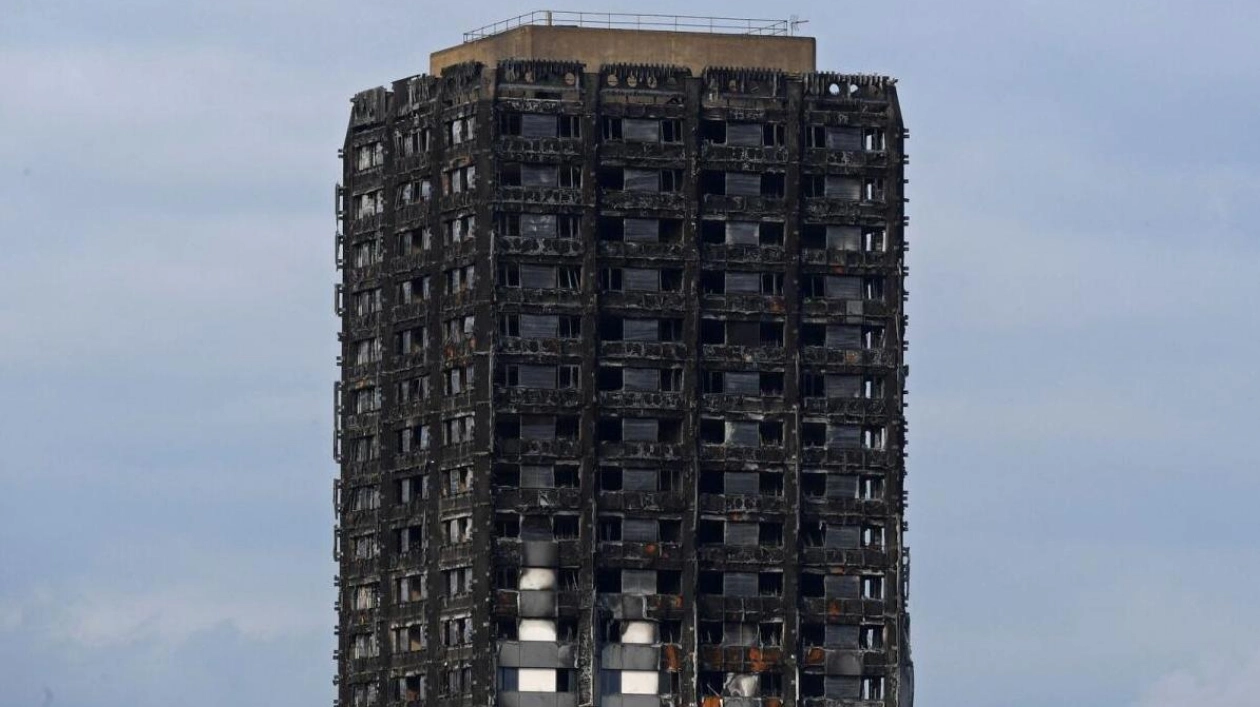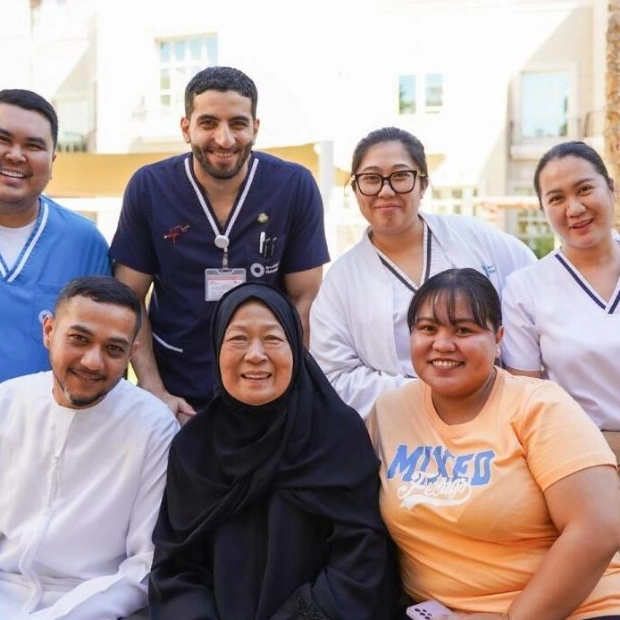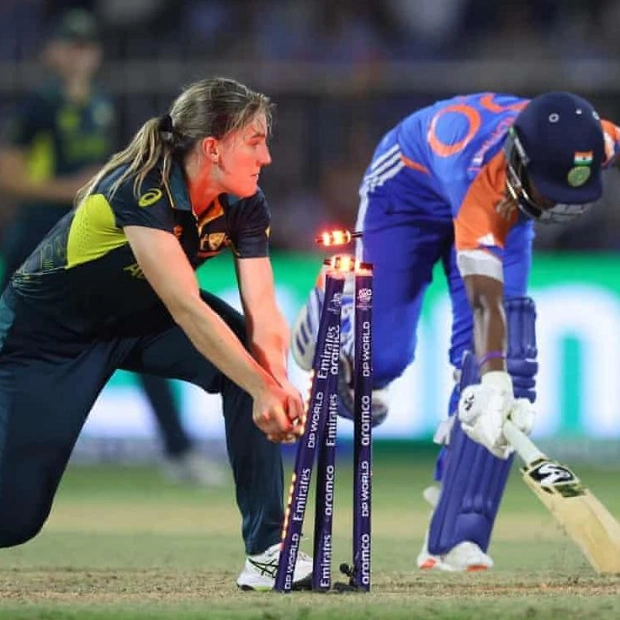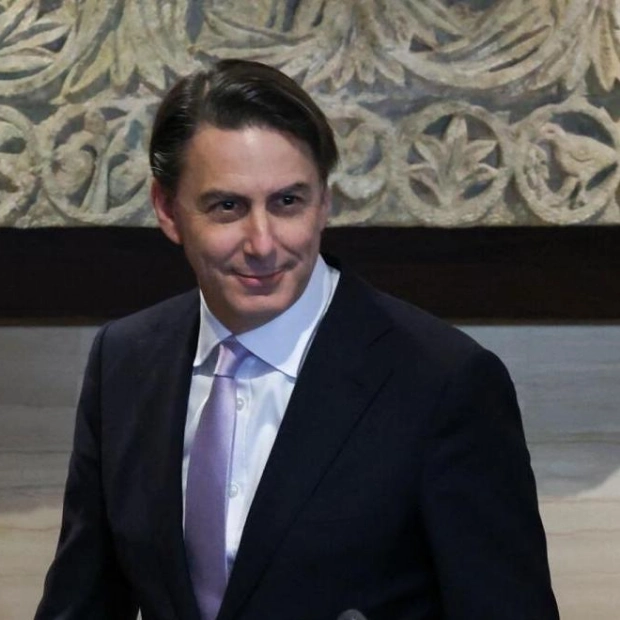Seven years have passed, yet Shah Aghlani vividly recalls the midnight call from his distressed aunt, who was trapped with his disabled mother in a 23-storey social housing block in west London engulfed in flames. Both women, aged in their late 50s and 60s, perished along with 70 others inside Grenfell Tower — the deadliest residential fire in Britain since World War II, now the focus of an inquiry set to release its final report on Wednesday.
The fire's rapid spread was attributed to cheap, flammable cladding. The sight of Grenfell Tower, located in one of London's wealthiest areas, ablaze in June 2017, became a symbol of Britain's inequality. Survivors and families of victims have since advocated for the removal of such materials from tower blocks across Britain and Europe, where similar incidents have occurred, including a recent fire in Valencia, Spain.
Despite their efforts, justice has been delayed, with the inquiry postponing any criminal proceedings. Police announced in May that charges might not be revealed until late 2026, with trials potentially not occurring until 2027, a decade after the tragedy. Aghlani, 55, expressed his anguish, standing before a mural near the tower with the message: "truth will not be hidden".
Wednesday's report is anticipated to shed light on the cladding materials used during the tower's 2016 refurbishment by the Kensington & Chelsea council. Witnesses include representatives from the architects, contractors, sub-contractors, and cladding manufacturers and sellers. The government assures that the inquiry aims to uncover the truth and deliver justice to the community.
The fire sparked widespread outrage and led to a ban on the highly flammable aluminium composite material (ACM) cladding. The former Conservative government initiated efforts to replace existing ACM panels, though progress has been slow. As of July 2024, 4,630 buildings 11 metres or taller still have unsafe cladding, with half yet to begin remediation.
Following a recent fire in east London, Deputy Prime Minister Angela Rayner urged faster action. Fire science professor Guillermo Rein at Imperial College London emphasized the need for global lessons from Grenfell, noting the UK's unique identification of ACM-clad buildings. The Grenfell Next of Kin group called for a worldwide ban on unsafe cladding after the Valencia fire.
Rein also highlighted the deterrent effect of criminal prosecutions on the construction sector. Kimia Zabihyan from the Grenfell Next of Kin group acknowledged the inquiry's valuable information but criticized its delay in justice. Aghlani, despite his dwindling energy, hopes authorities will not dilute the prosecution. Local resident Marcia Robinson, who manages Hope Gardens, a memorial site for Grenfell victims, reiterated the demand for accountability, seeking assurance that such tragedies will not recur.






